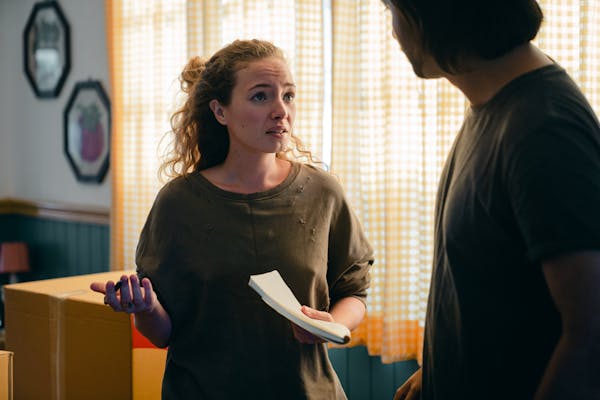Everyone's hope is on the negotiations over the pay rise, which will be mediated by the Workplace Relations Commission. But the employees say that the government is pretending not to see any problems in life.
There are employees who do not have money to buy essentials. Some people get a notice to vacate the rental house in the meantime. Costs for childcare, heating, electricity and groceries are skyrocketing. Many employees claim that they are not sure when their pockets will run dry. It's a terribly sad life. Most earn only minimum wage. Mostly expensive and primarily women, come of them They openly admit that their condition is so bad that they cannot even afford decent wear.
The negotiations over this came to a stalemate after the government rejected the offer, claiming that the salary increase was not proportionate to the existing price increase. The unions argued for the necessity for a rise based on the realities of life during the restarted negotiations.
The government is extending a wage rise of 5% to its workers. The government side has switched to the position of adding one percent yesterday while still maintaining that it cannot be granted. Additionally, the workers made it clear that this is insufficient.
Irish public sector workers were offered a 6.5% pay rise over the next two years on Tuesday under a deal agreed by government and trade unions that averted the risk of strike action for now.
In June the unions rejected a government offer of a 5% pay increase and began preparing to ballot members for industrial action, saying the initial proposal fell short of matching the rate of inflation, which reached 9% last month.
Taoiseach Micheál Martin has a pay deal offered to public sector workers is a fair one and that he hopes it will be accepted by union members.
Public sector unions are to ballot their members on whether to accept a 6.5% pay increase over two years.
The proposal was tabled by the Workplace Relations Commission this morning following the conclusion of public sector pay talks between unions and the Government.
The package would see pay increases of 3% backdated from 2 February 2022, 2% from 1 March 2023 and 1.5% or €750, whichever is the greater, from 1 October 2023.
The minimum payment of €750 is designed to support lower paid public servants and means the package would be worth 8% to a worker earning €25,000 a year and 7% to a person on €37,500 a year.
This would come on top of a 2% increase already included in the existing public sector pay agreement, 'Building Momentum'. Mr. Martin said he welcomed the agreement and paid tribute to participants for their constructive engagement.
He said that the Budget and cost-of-living package at the end of September will represent further strands of the Government's approach to alleviating pressures.
The Public Services Committee of the Irish Congress of Trade Unions met this morning to consider the proposals and decided that individual unions should now consult members, through ballots and other means, on the package in advance of a collective decision on whether to accept or reject the deal.
To get the latest news & information from www.indiansdaily.com click on the link and follow: Indian in Ireland | Accommodation |




.png)
The opinions posted here do not belong to 🔰www.indiansdaily.com. The author is solely responsible for the opinions.
As per the IT policy of the Central Government, insults against an individual, community, religion or country, defamatory and inflammatory remarks, obscene and vulgar language are punishable offenses. Legal action will be taken for such expressions of opinion.